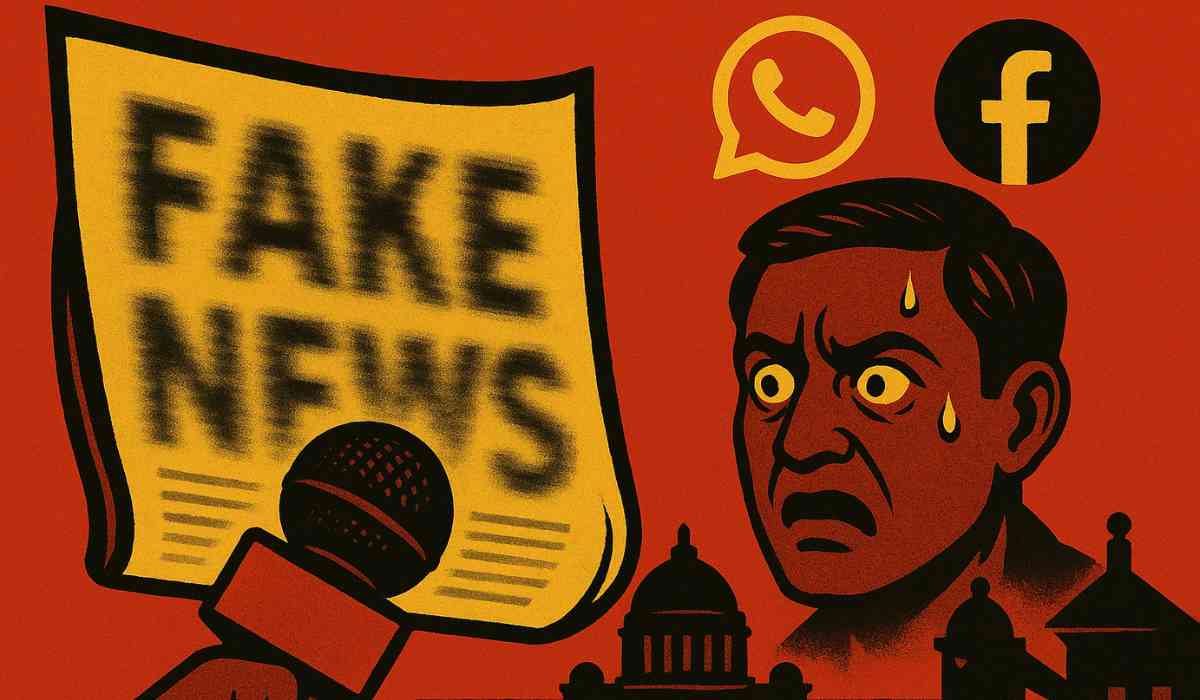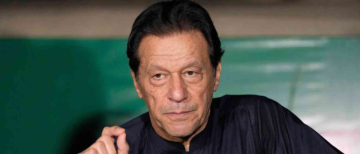In recent years, India has witnessed a growing concern among its citizens about the spread of fake news and misinformation. At the same time, there appears to be comparatively less public emphasis on the importance of press freedom. This paradox raises important questions about how Indians perceive the media landscape and the balance between controlling misinformation and protecting journalistic independence.
The Growing Fear of Fake News in India

Fake news has become a serious issue in India, fueled largely by the rapid spread of information through social media platforms like WhatsApp and Facebook. Studies reveal that nearly half of the fake news stories in India are political in nature, followed by misinformation related to general issues and religion, which together account for over 90% of fake news cases. The COVID-19 pandemic further intensified this problem, with India experiencing a 214% rise in false information during that period.
The consequences of fake news in India have been severe, including social conflicts, political manipulation, and economic difficulties. Misinformation has led to violent mob attacks based on rumors, disrupted public health efforts, and eroded trust in institutions. As a result, many Indians express strong apprehension about the impact of fake news on society and democracy.
A Lower Priority for Many Indians

Despite the widespread fear of fake news, Indians seem less concerned about press freedom. According to the 2025 World Press Freedom Index, India ranks 151 out of 180 countries, a slight improvement from previous years but still categorized as having a "very serious" situation regarding media independence. However, surveys indicate that only about 68% of Indians believe it is important for the media to operate without government censorship, which is among the lowest levels of support globally.
This ambivalence towards press freedom may stem from a general distrust of independent journalism and a higher trust in government-controlled media. Many Indians attribute the problem of fake news more to social media and private sources rather than to government censorship or influence. This suggests a complex relationship where citizens fear misinformation but are willing to accept more government control over the media as a solution.
The Challenges of Balancing Fake News Control and Press Freedom

The Indian government has taken steps to combat fake news, including setting up fact-check units that have identified over 1,500 fake news items in the last three years. Legal measures and public awareness campaigns aim to reduce misinformation. However, these efforts raise concerns about potential misuse of laws to restrict press freedom and silence dissenting voices.
Experts argue that combating fake news requires more than censorship; it demands improving media literacy, promoting ethical journalism, and ensuring transparency and accountability in news reporting. A free press plays a crucial role in democracy by providing unbiased and diverse information, holding power to account, and fostering informed public debate.
A Delicate Balance

In India, the fear of fake news is real and justified given its tangible social and political impacts. Yet, the relatively low public concern for press freedom highlights a tension between the desire for accurate information and the acceptance of government intervention in media. This dual stance reflects a broader challenge faced by many democracies: how to protect citizens from harmful misinformation without undermining the essential freedoms that sustain democratic governance.
Addressing this challenge requires a nuanced approach that respects press freedom while actively combating fake news through education, responsible journalism, and transparent governance. Only by balancing these priorities can India strengthen its democracy and ensure that its citizens receive truthful, reliable information.
With inputs from agencies
Image Source: Multiple agencies
© Copyright 2025. All Rights Reserved Powered by Vygr Media.

















